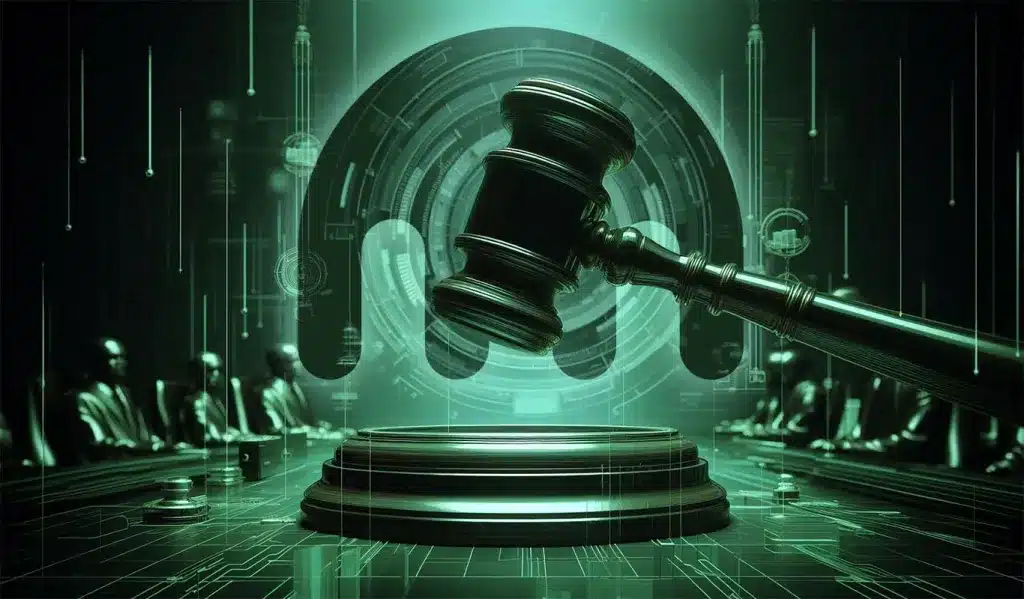Judge William Orrick has denied Kraken’s motion for an interlocutory appeal in its ongoing legal battle with the Securities and Exchange Commission (SEC). The judge stated that approving the appeal would delay resolving the case, which accuses Kraken of violating securities laws.
The lawsuit, initiated by the SEC in November 2023, alleges that Kraken operated as an unregistered securities exchange, broker, dealer, and clearing agency. As noted by the SEC, Kraken netted hundreds of millions of dollars in trade revenues in September 2018 and provided trade services for crypto asset securities without adequate registration.
Also Read: SEC’s Internal Communications Reveal Selective Approach to Cryptocurrency Regulation
Kraken’s Defense Against SEC Allegations
In September 2024, Kraken attempted to dismiss the lawsuit, arguing that the cryptocurrencies in question do not meet the securities criteria under U.S. law. The exchange pointed at such digital assets as Cardano (ADA), Algorand (ALGO), and Cosmos (ATOM), arguing that these have no features of an investment contract. Still, Judge Orrick aligned himself with the SEC and said that the Howey Test may well pertain to cryptocurrencies available to purchase on Kraken.
After Orrick’s ruling, Kraken filed a motion to appeal the order as an interlocutory appeal. The company stated that it is possible to deal with critical legal issues and bring the lawsuit fast-forwardly by reviewing the court’s decision as soon as possible. Kraken’s legal assets underlined the importance of deciding whether the respective crypto assets fall under the definition of securities.
Judge Orrick dismissed the request on Monday, saying it would not help advance the appeal. He focused more on the need to carry out the discovery process where proofing will demonstrate that Kraken transactions meet all conditions of the Howey Test. Orrick also pointed out that certifying the appeal may slow the lawsuit’s proceedings if unnecessary.
Conclusion
The SEC’s case against Kraken remains on track, with the focus shifting to the discovery phase. The court’s decision underscores the importance of procedural integrity in determining the regulatory status of digital assets.
Also Read: Ripple CEO Criticizes Potential Appointment of Bob Stebbins as SEC Chair
